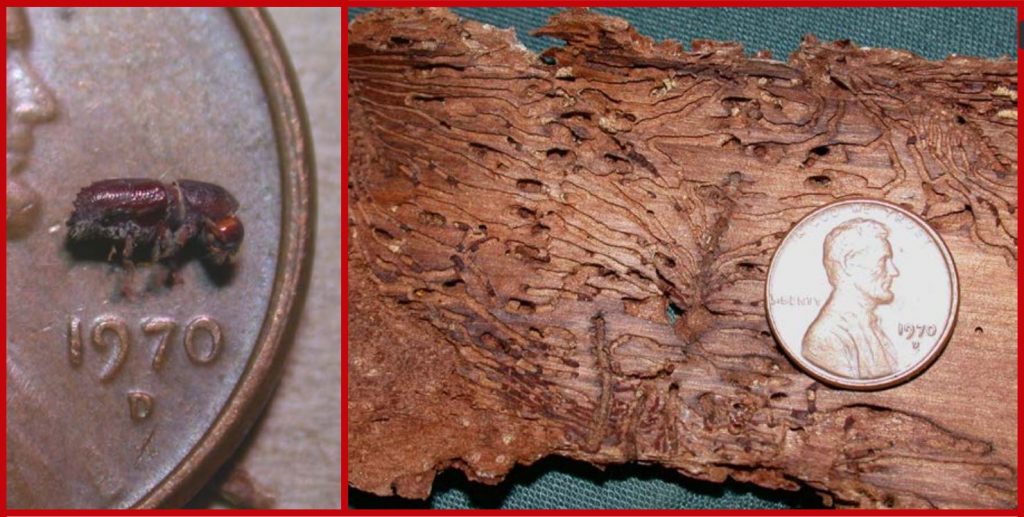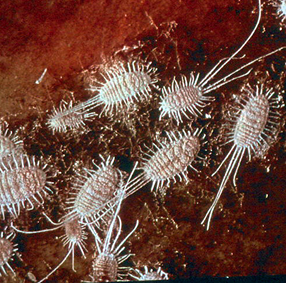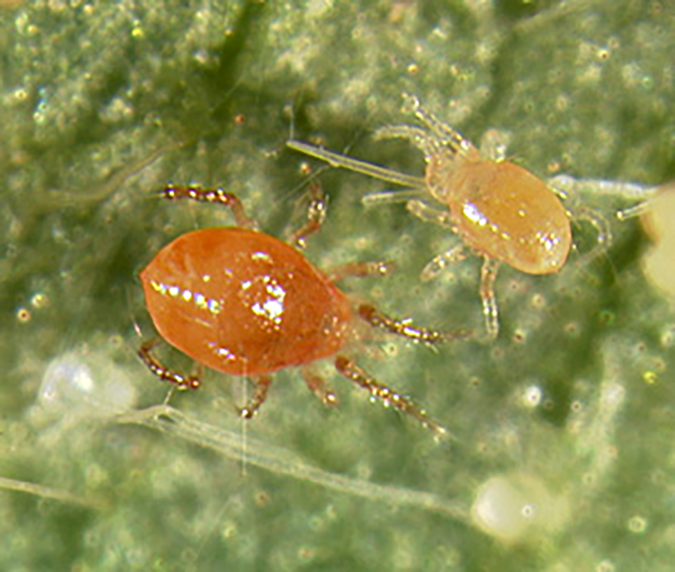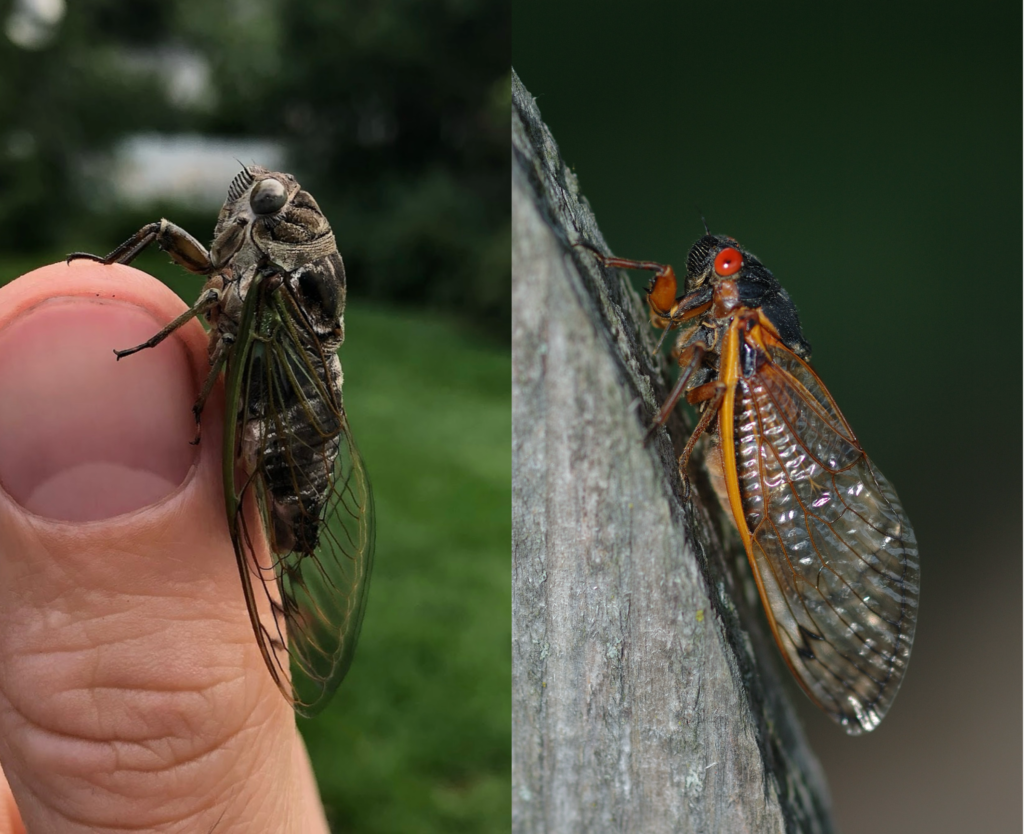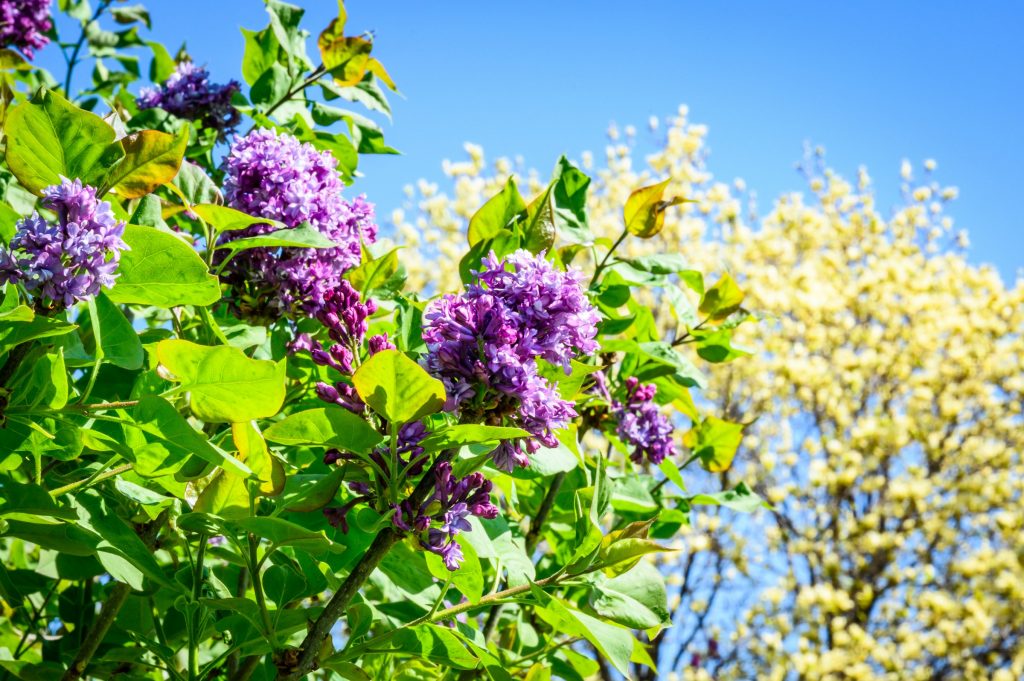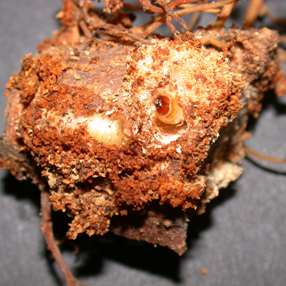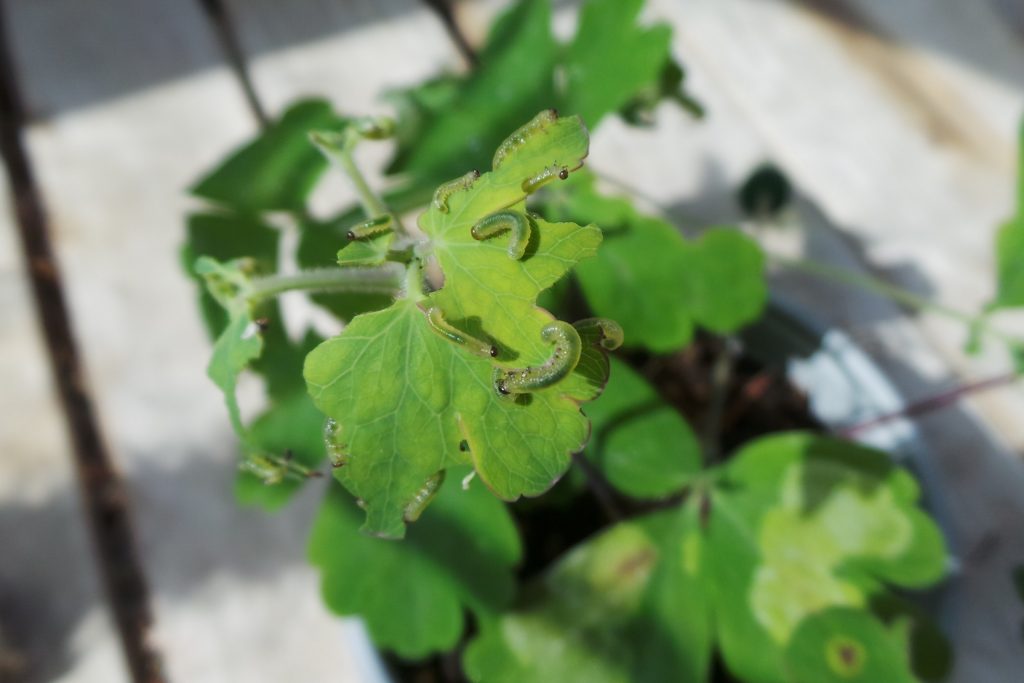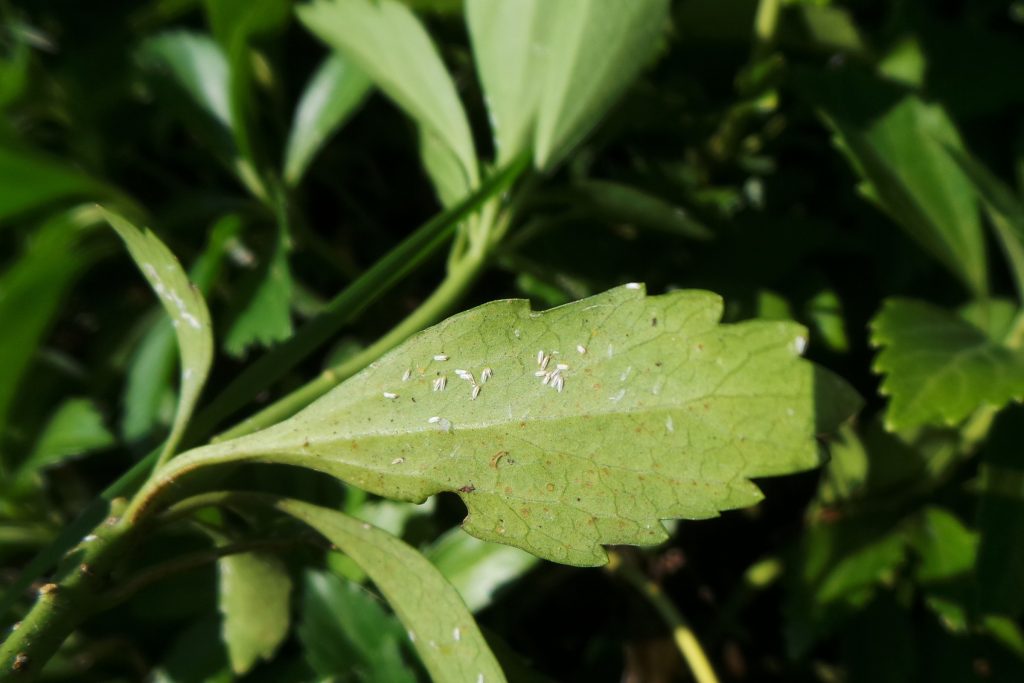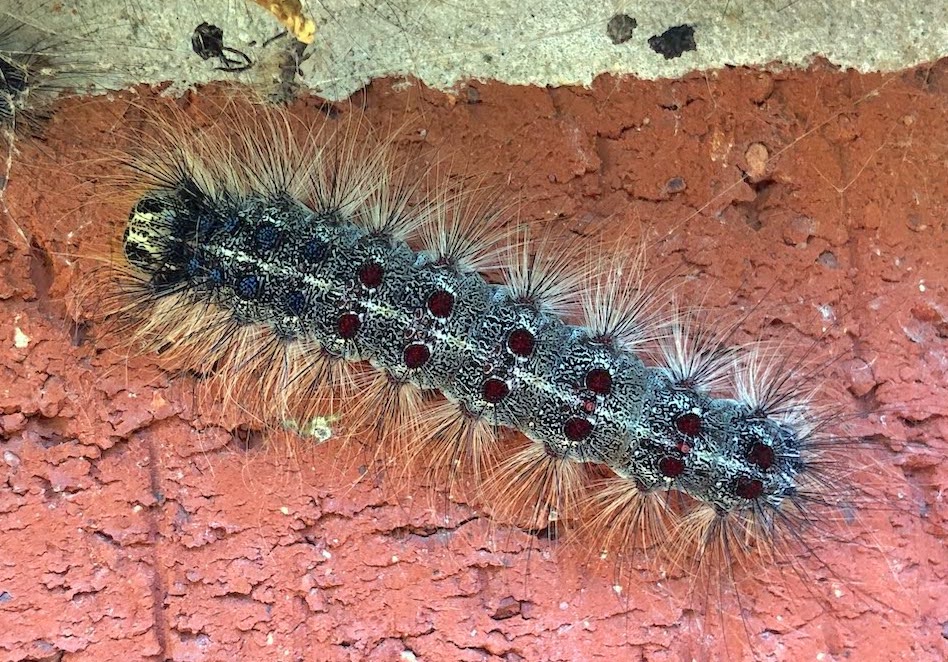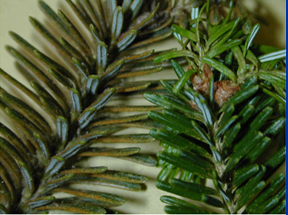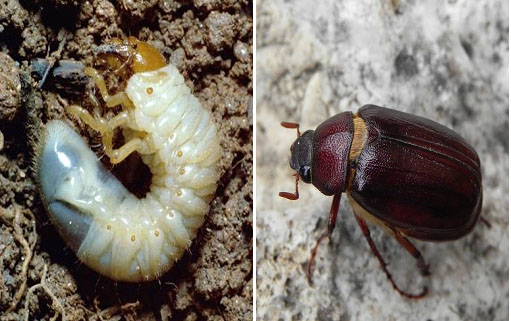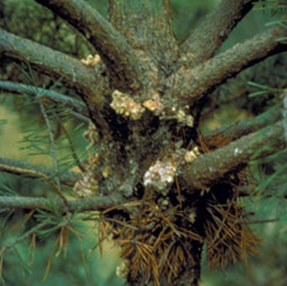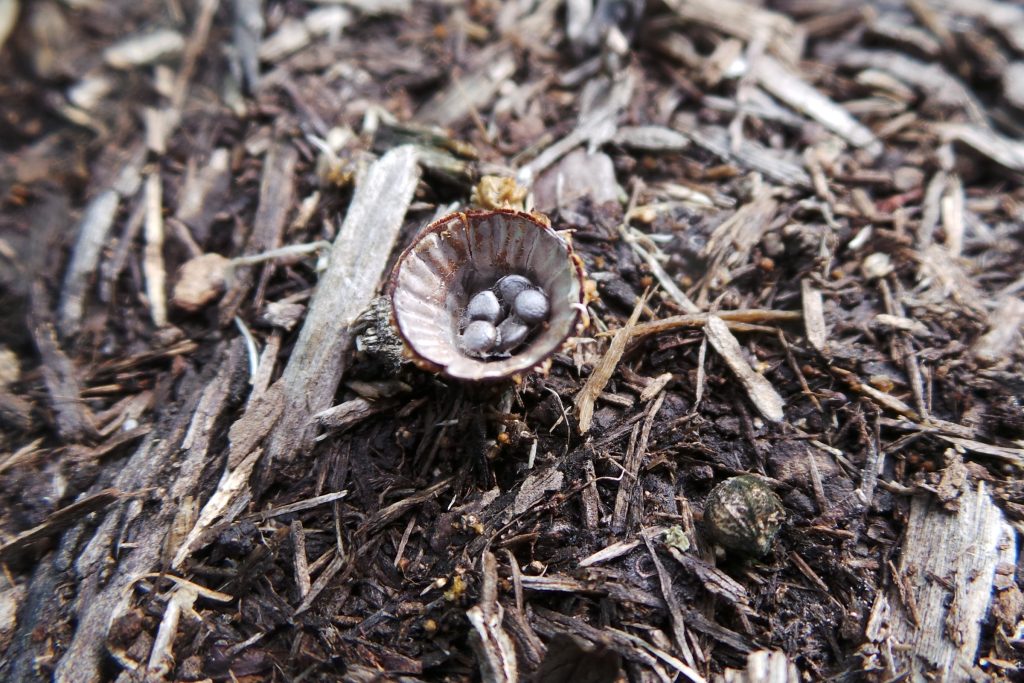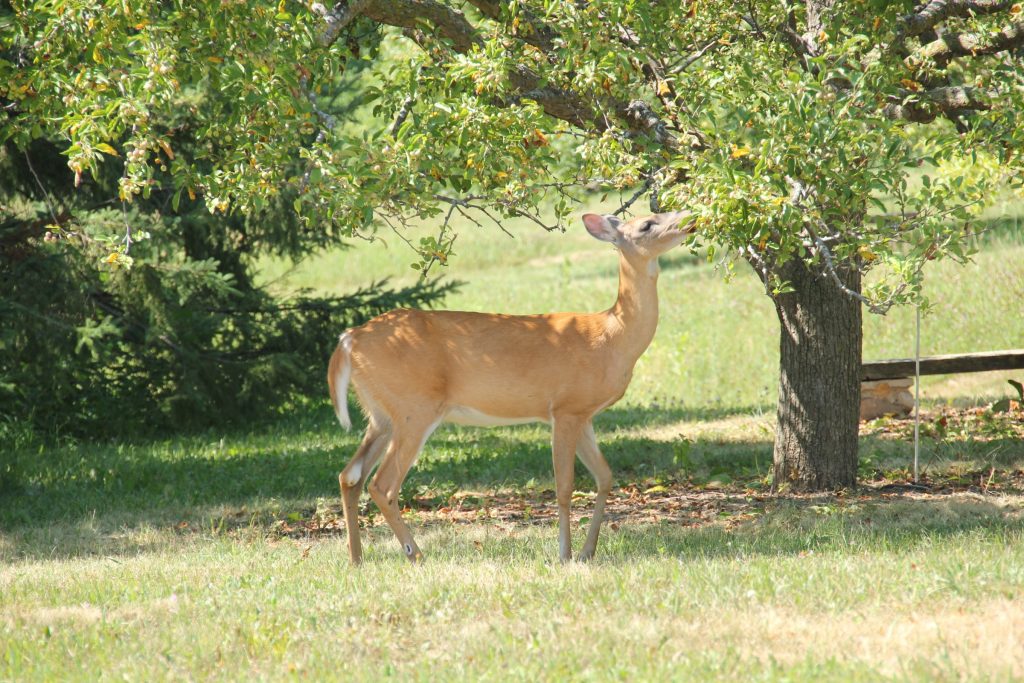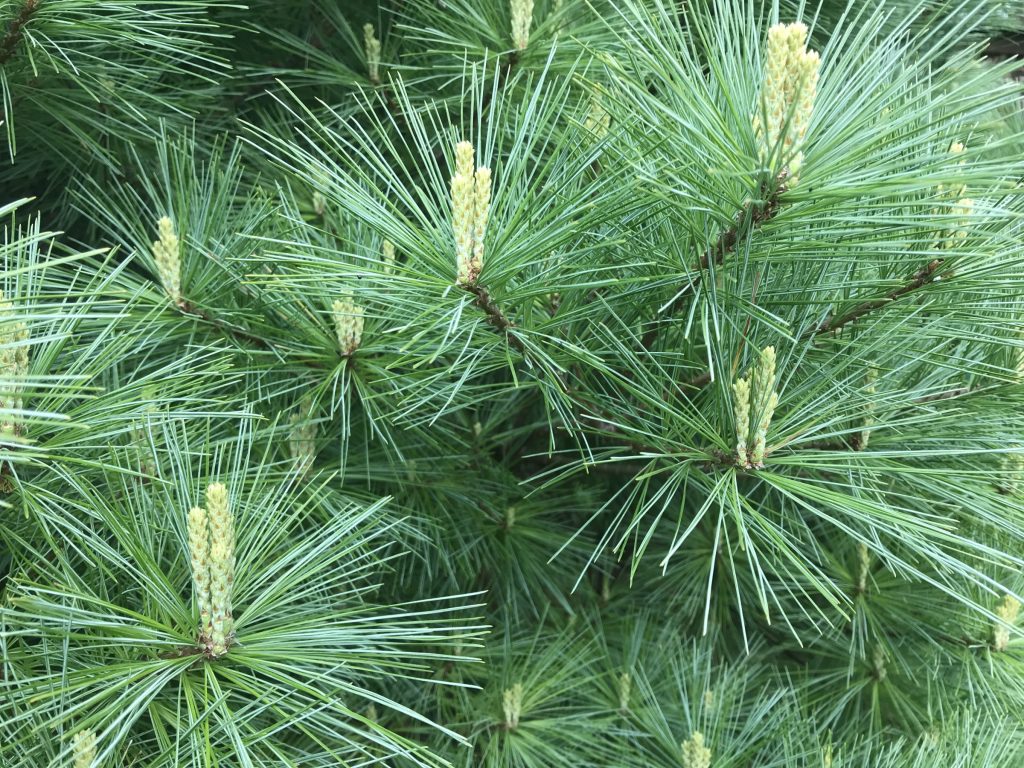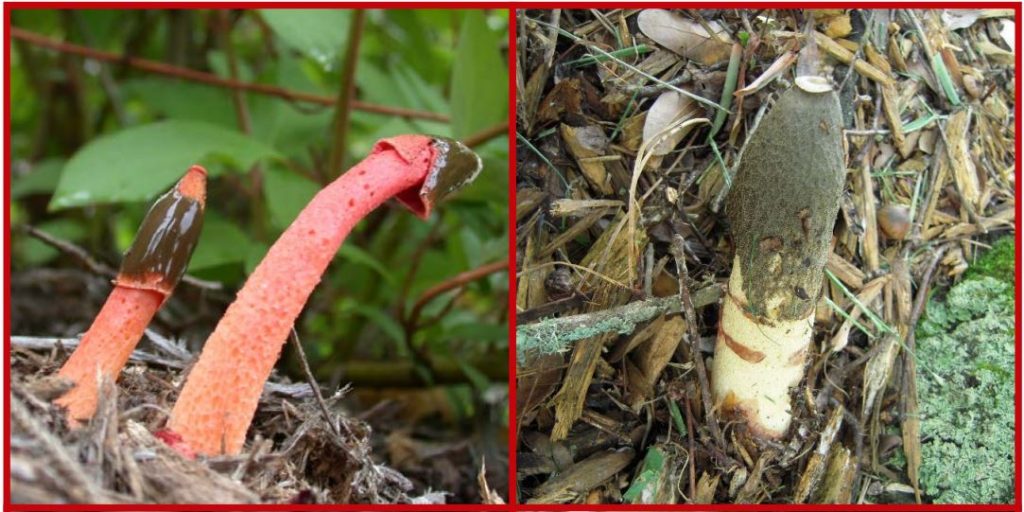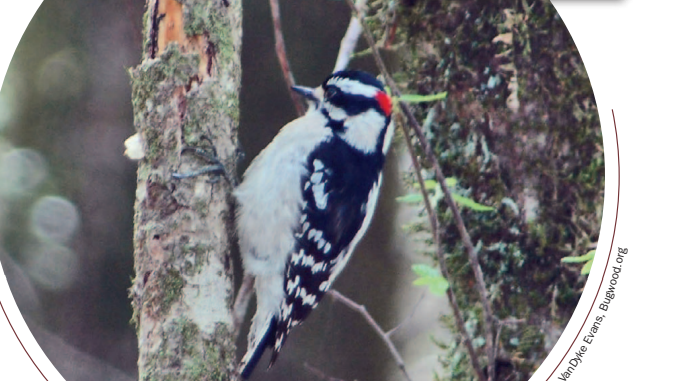Evergreen Trees & Shrubs


Evergreen Trees & Shrubs
Evergreen trees and shrubs are woody plants distinguished by their ability to retain leaves throughout the entire year including the winter season. Use the guide below to learn more about evergreen trees and shrubs in Wisconsin.
Evergreen Trees & Shrubs Videos

Find recorded Extension video programs ranging on topics from fundamentals of shrub pruning to proper tree planting by clicking the button below.
General Evergreen Trees & Shrubs Resources
Discover a variety of resources on evergreen trees & shrubs. Dive into guides, articles, and websites below!

DNR Invasive and Regulated Plants List
Code NR 40 makes it illegal to possess, transport, transfer or introduce certain invasive species in Wisconsin without a permit.
Proper Tree Planting
Step by step instructions to correctly plant a tree.
i-Tree Tools
i-Tree is a free tool developed by the USDA Forest Service that provides urban and rural forestry analyses and benefit assessment tools.
Trees and Shrubs for Diversity and Climate Change
Find the latest recommendations on woody plant selections adaptive to a changing climate.
Planting for the Future
Compare Wisconsin’s current and future cold hardiness and heat zones and understand how this information can be used to plan for future tree plantings.
Photo left: Birds Nest Spruce – Picea abies ‘Nidiformis’
Popular Evergreen Trees & Shrubs Articles
Discover our most popular evergreen trees & shrubs articles below!
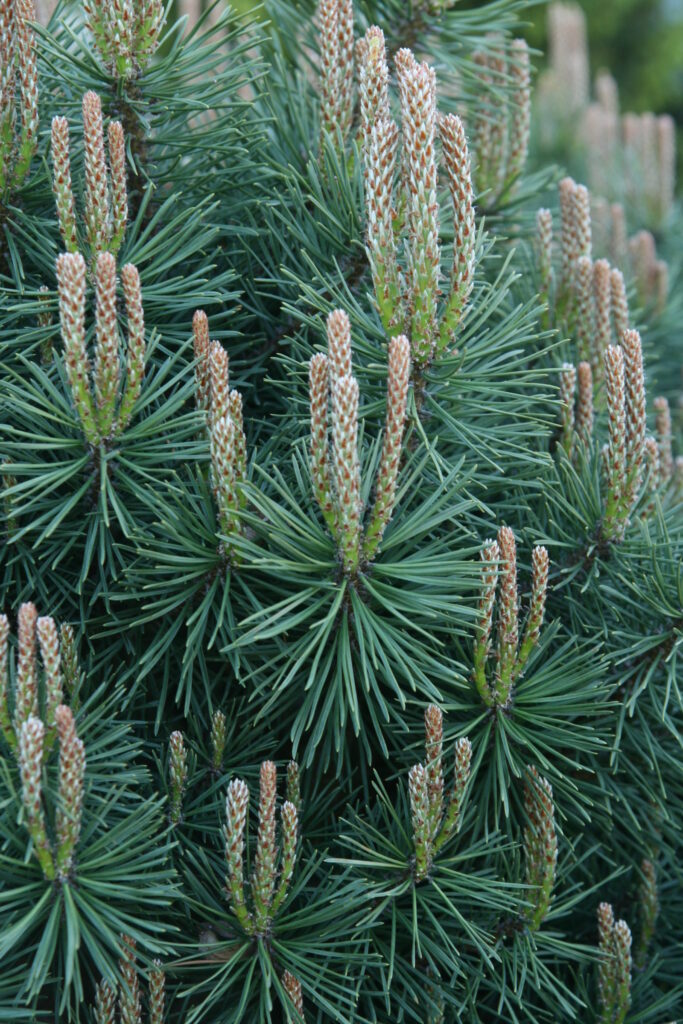
Plants Not Favored by Deer
While deer will eat almost anything if hungry enough, there are a number of woody plants that deer do not usually find appealing.
Pruning Evergreens
Pruning serves multiple purposes: it controls the size of an evergreen, guides its growth, and maintains its health and appearance. Additionally, it enhances safety by eliminating broken, diseased, dead, or dying branches.
Rhizosphaera Needle Cast
Rhizosphaera needle cast is the most common fungal disease of Colorado blue spruce in Wisconsin. The first noticeable symptom is a browning and loss of the innermost needles on lower branches of spruce trees.
White Pine Blister Rust
White pine blister rust is a serious, tree-killing disease of eastern white pine and its close relatives (pines with needles in bundles of five).
Winter Salt Injury and Salt-tolerant Landscape Plants
Deicers such as rock salt are often used in Wisconsin winters to keep walkways and roads ice-free. Use of deicers can have a major impact on plant health.
Winter Burn
Winter burn is a common problem of evergreens including those with broad leaves, needles, and scale-like leaves grown in open, unprotected locations and exposed to severe winter conditions.
Photo left: Pinus spp.
Articles
Click on each section below to browse a list of categorized articles.
Selection
Submit additional lawn, landscape and gardening questions using our Ask Your Gardening Question form.




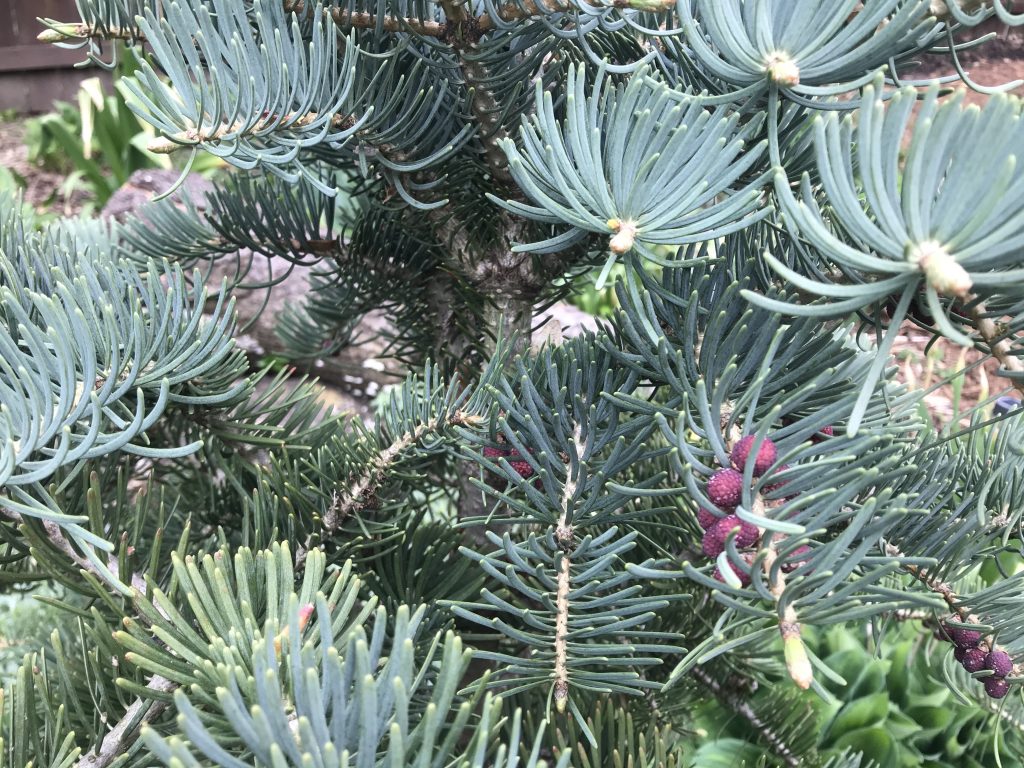 Concolor Fir, Abies concolor
Concolor Fir, Abies concolor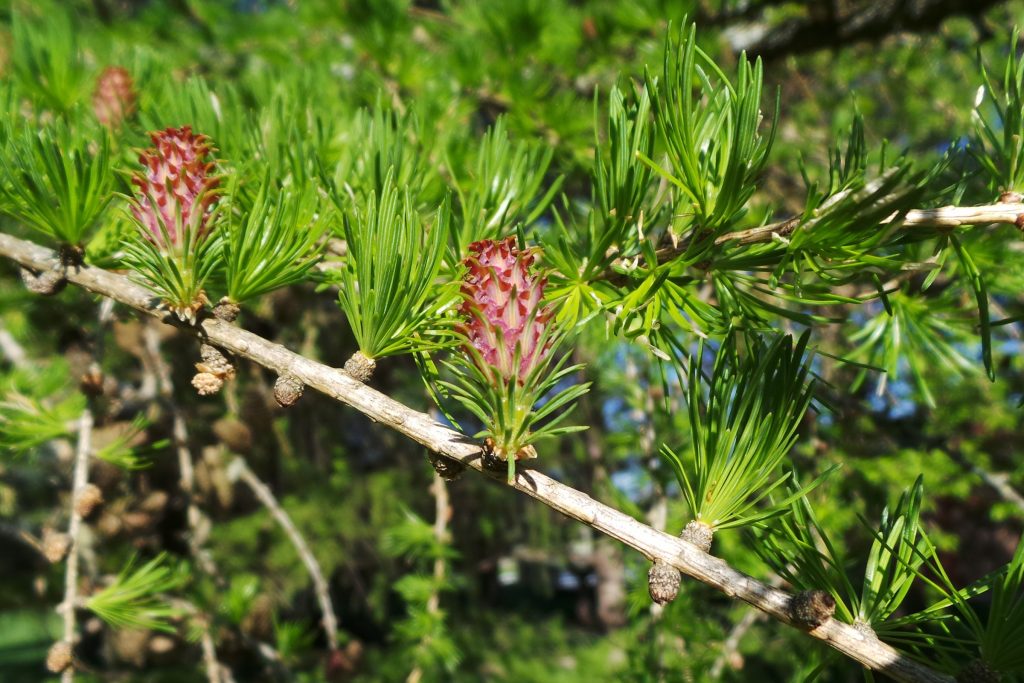 Larix decidua‘ loading=’lazy’ />
Larix decidua‘ loading=’lazy’ />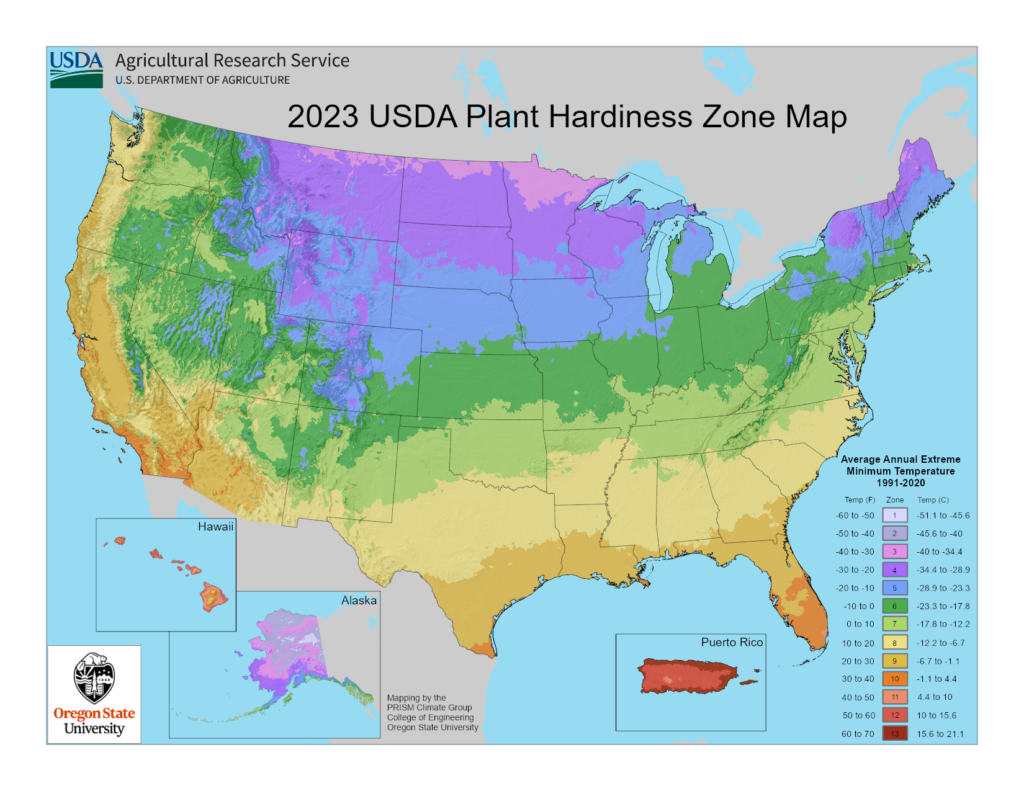



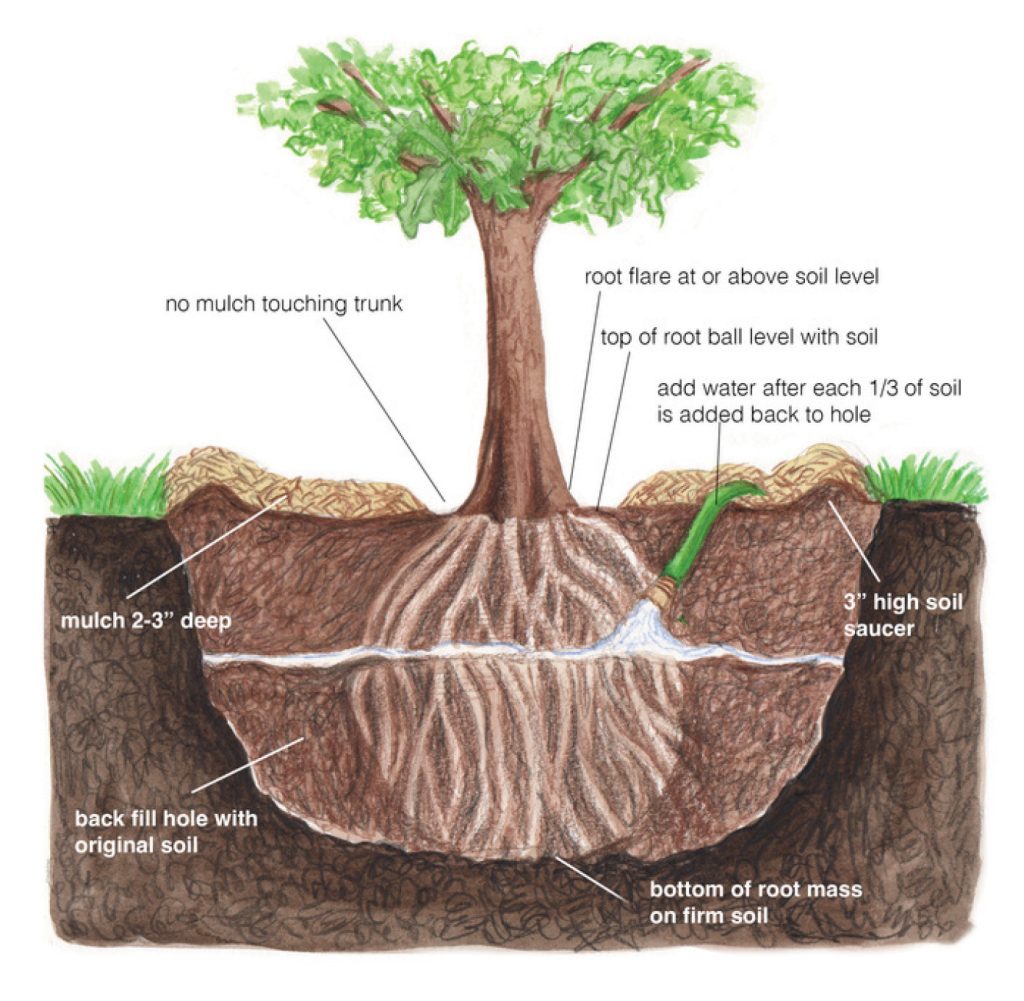
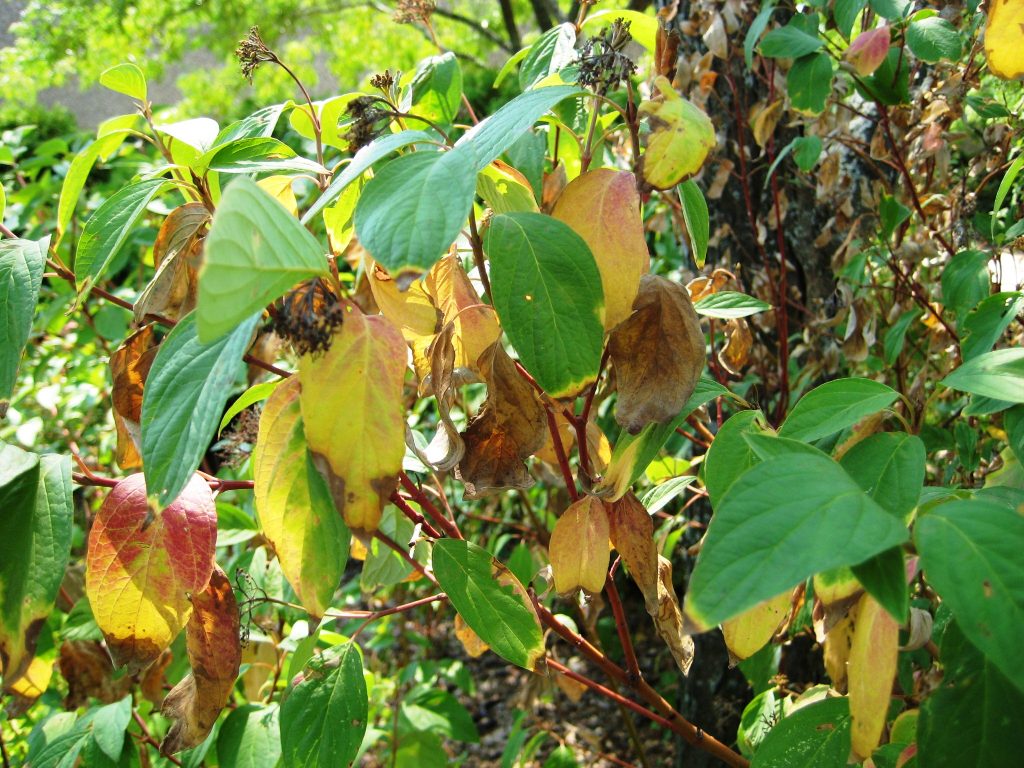
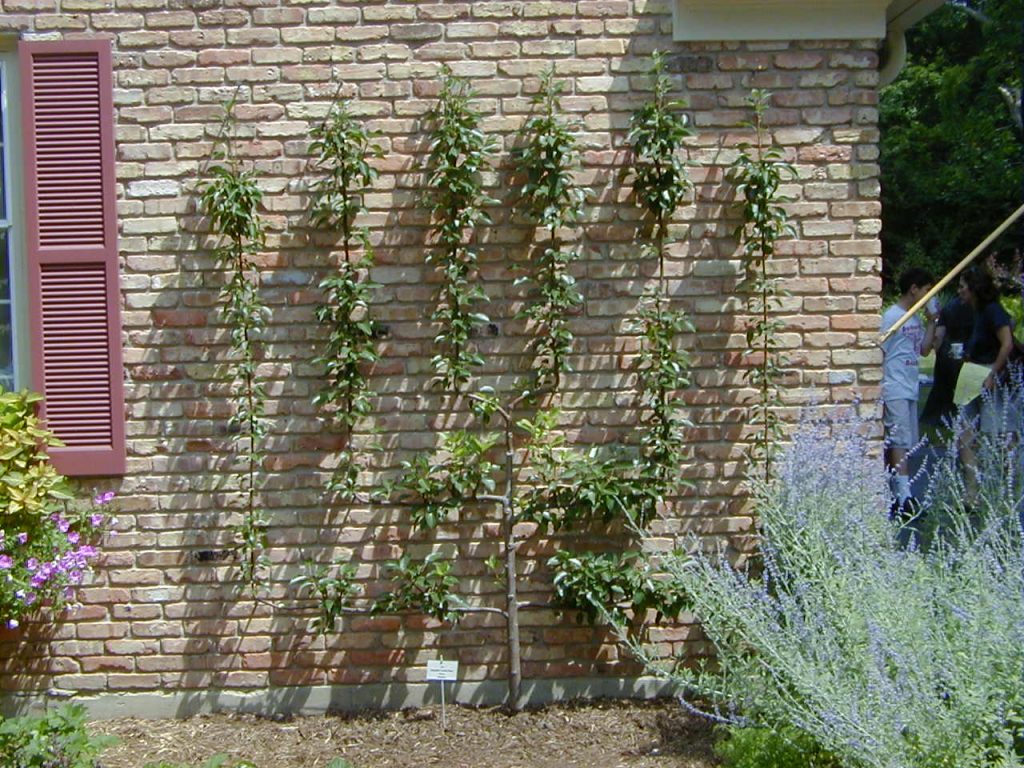


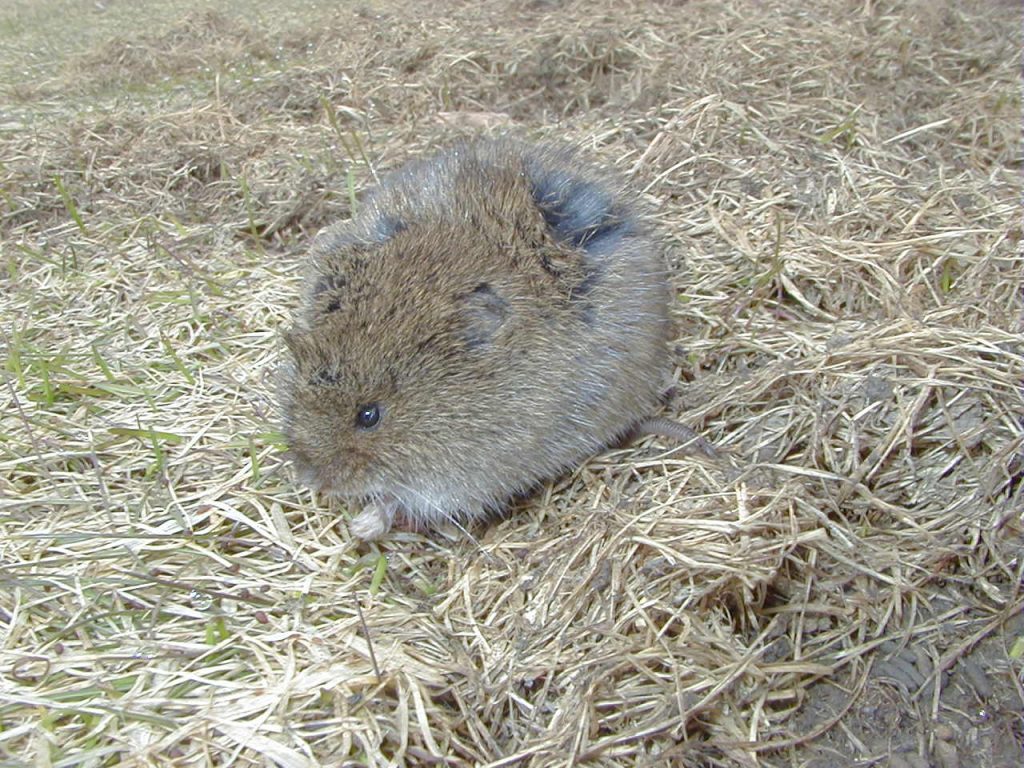
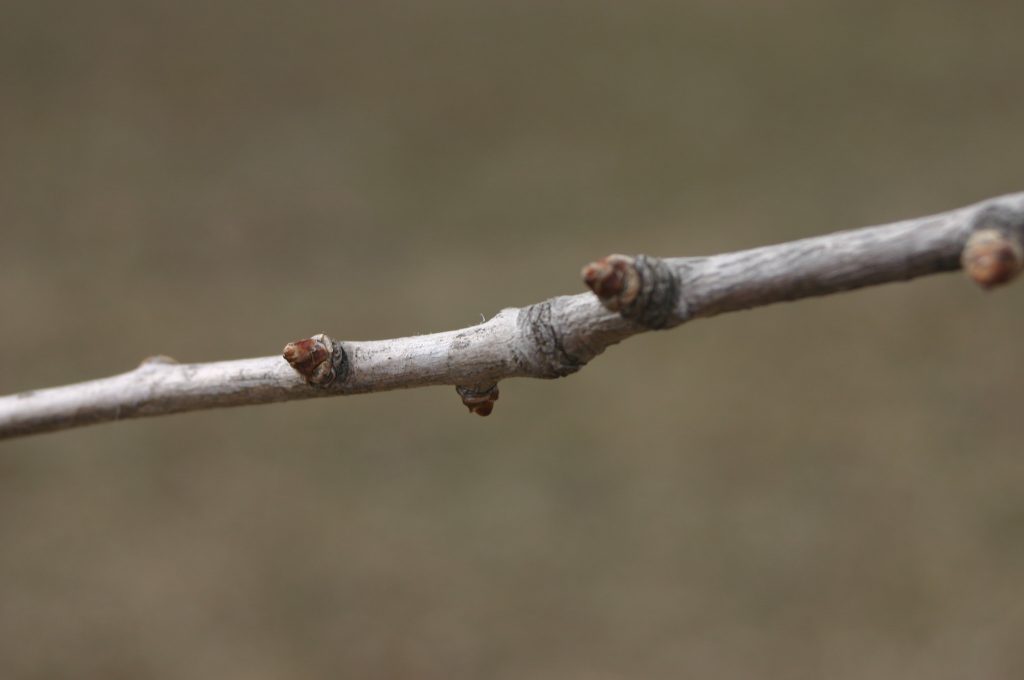
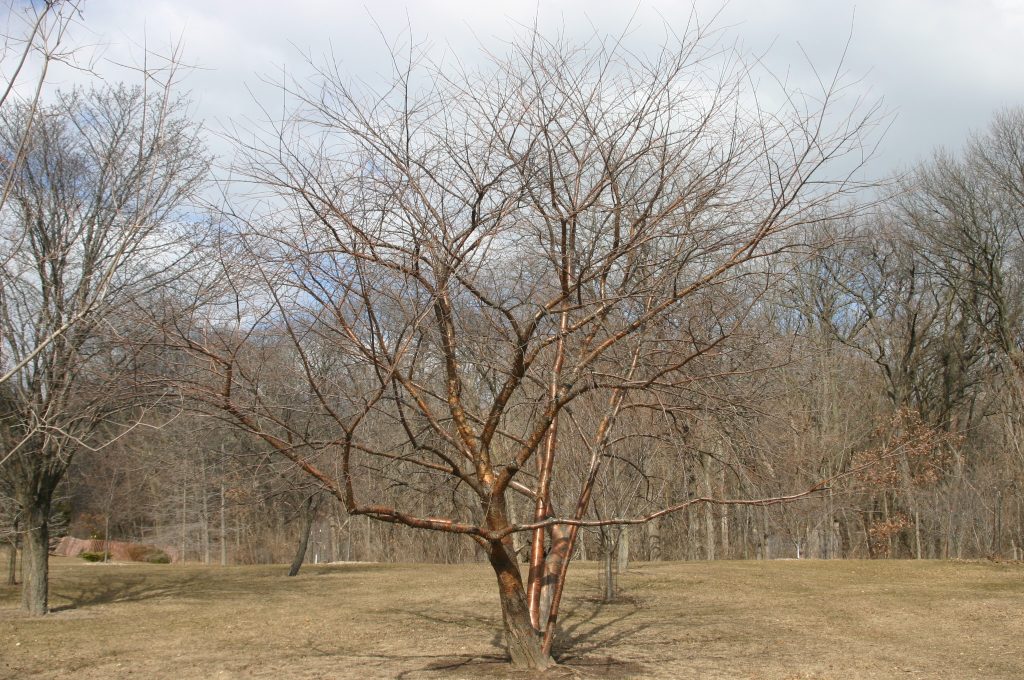
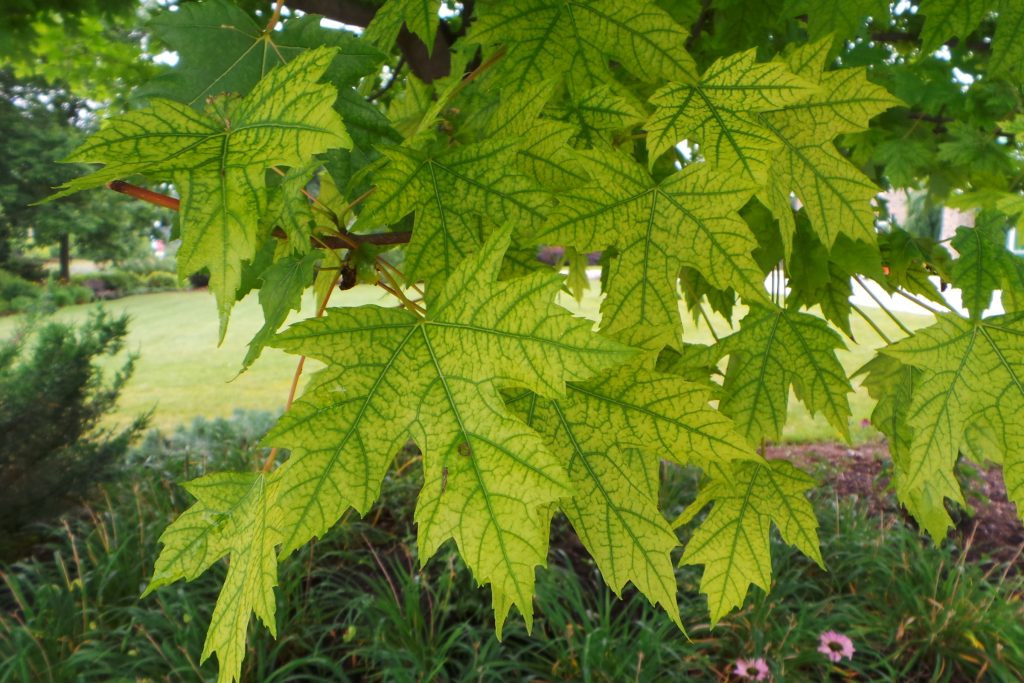
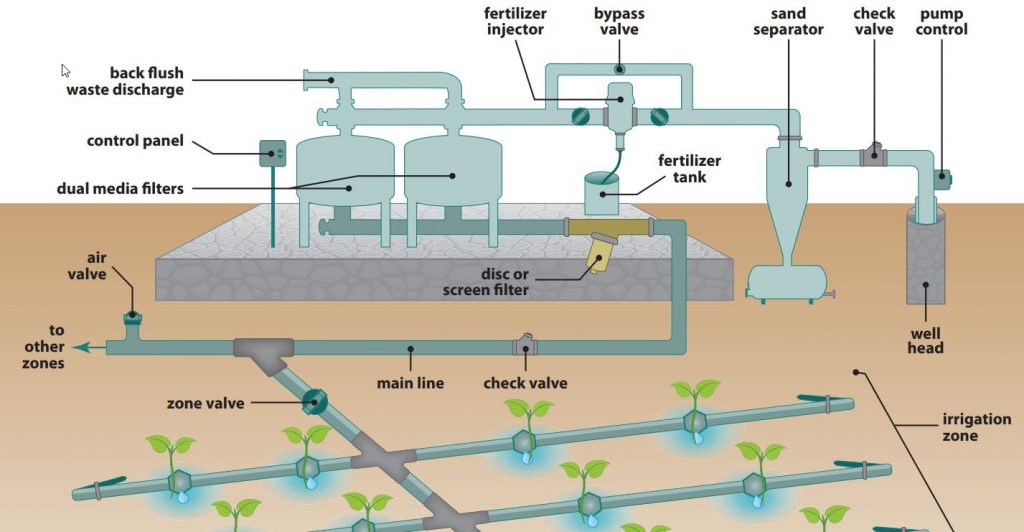


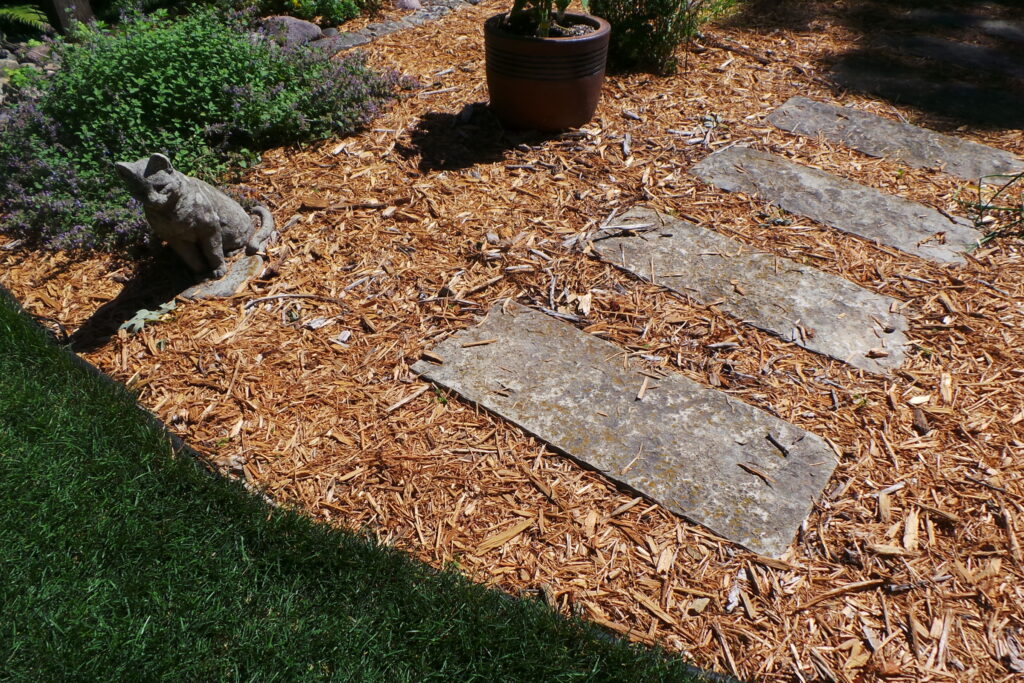
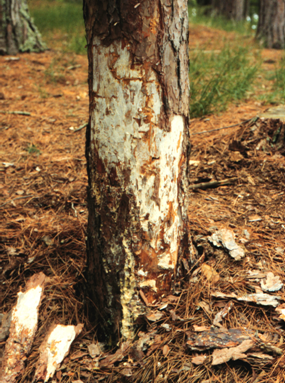
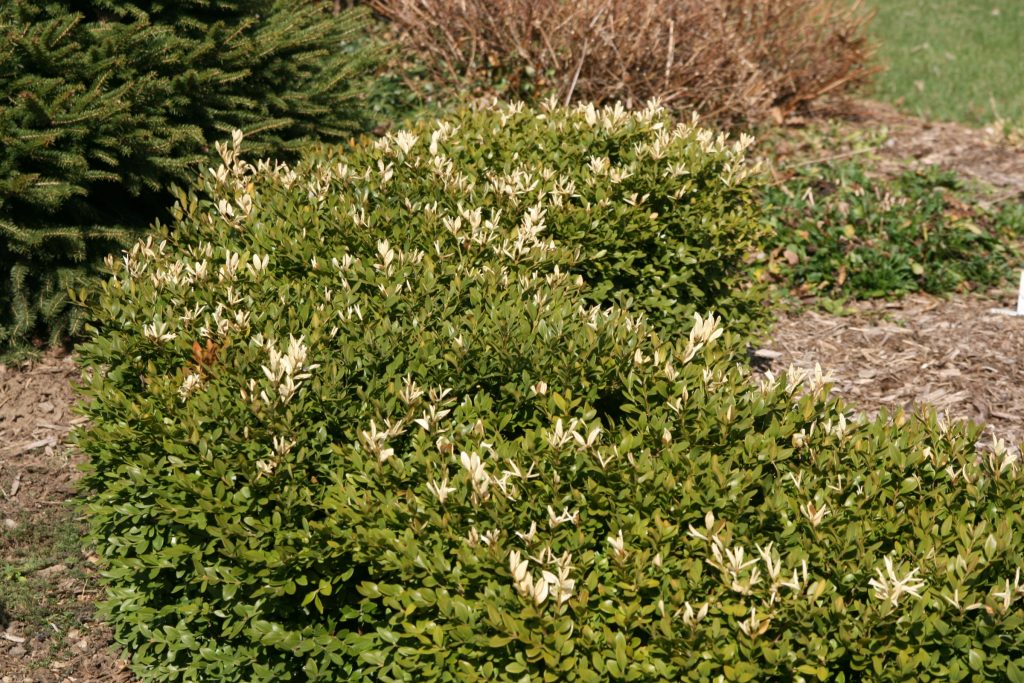
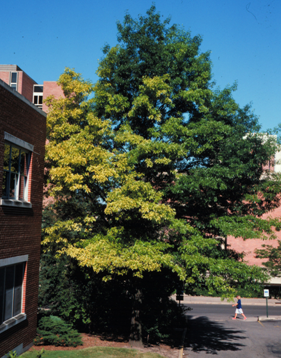


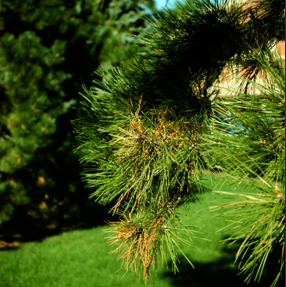
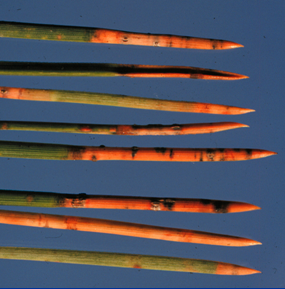
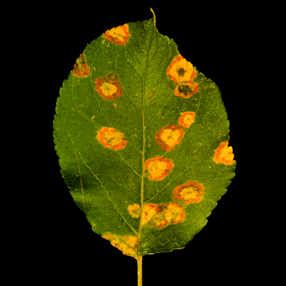
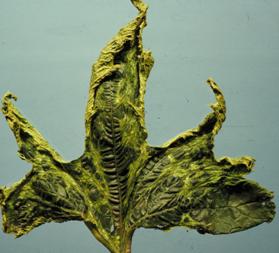
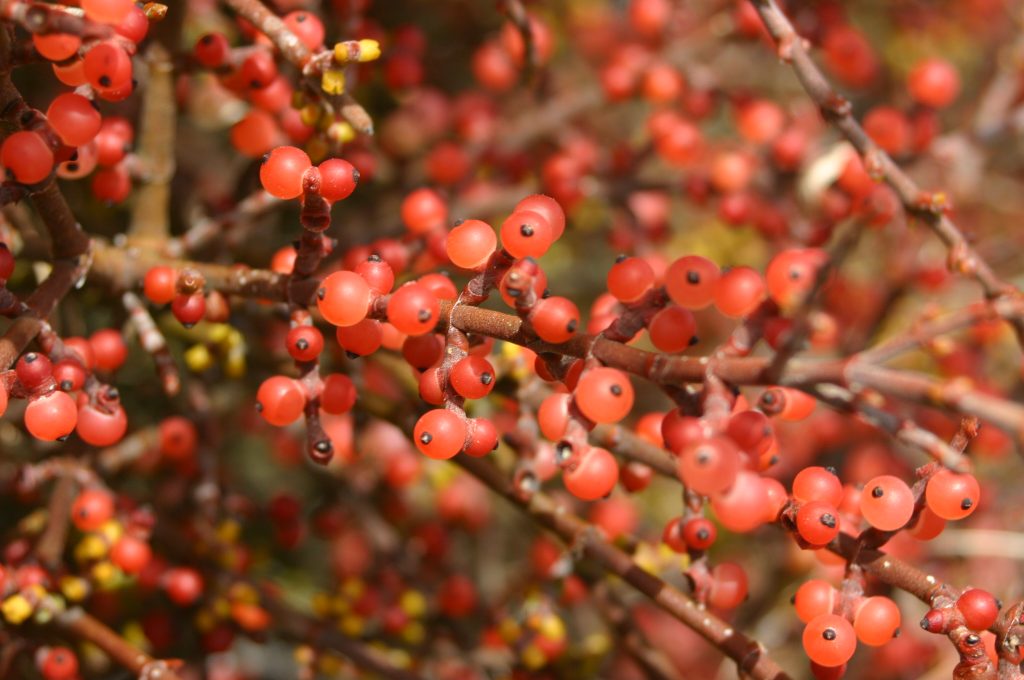
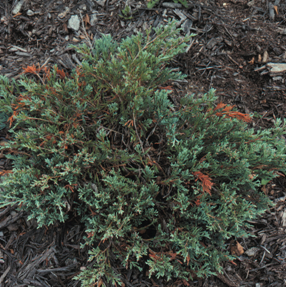
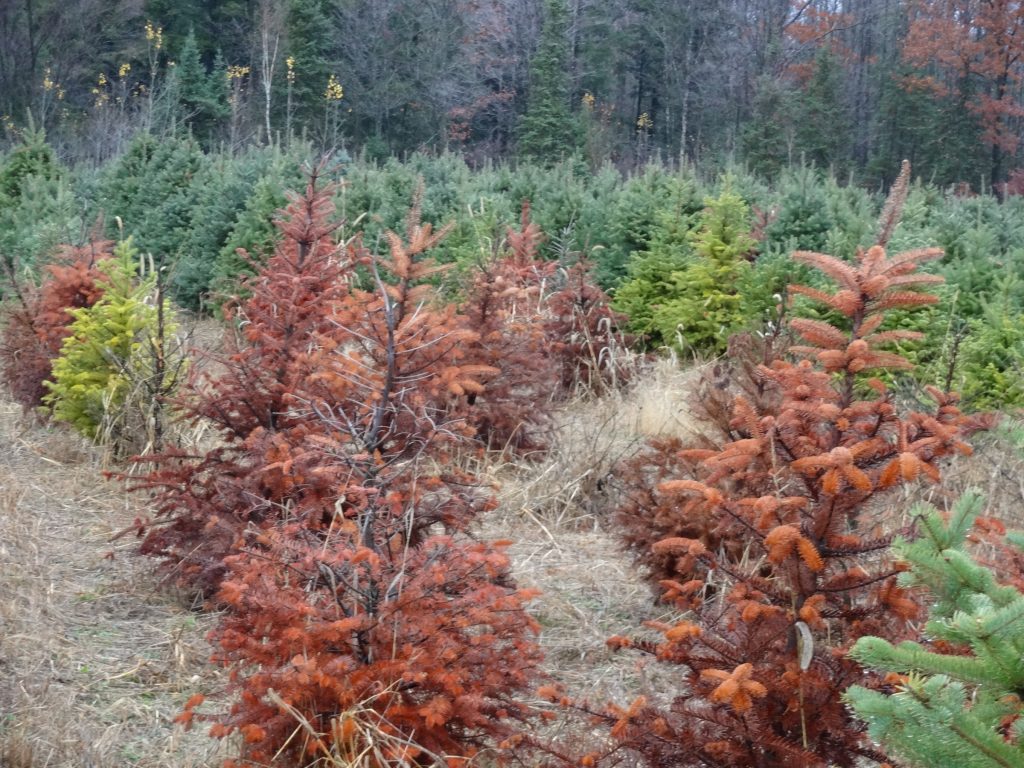

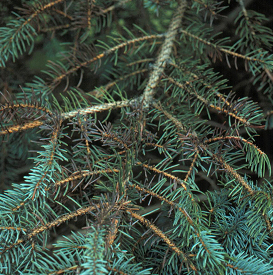

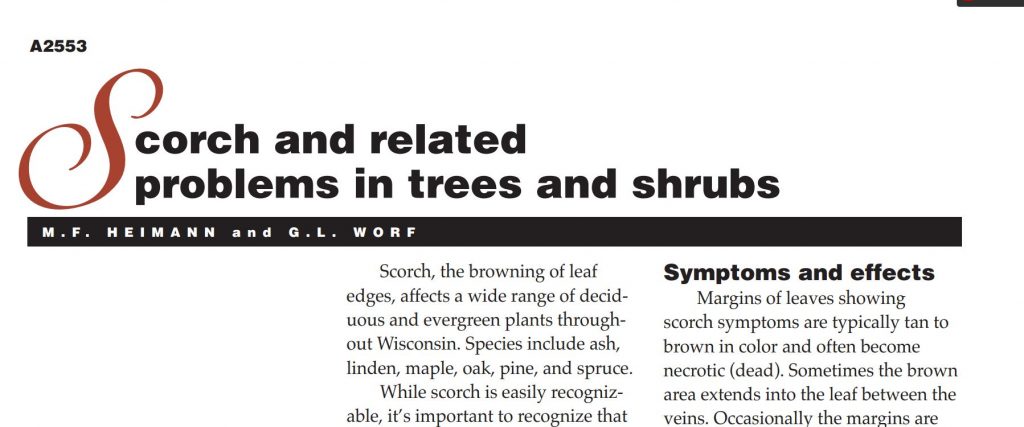
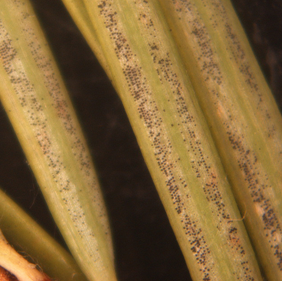
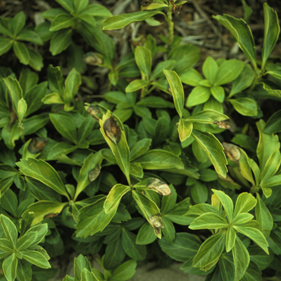
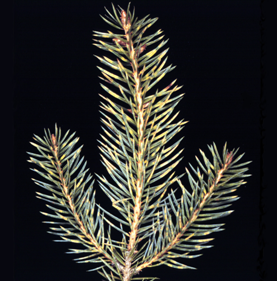
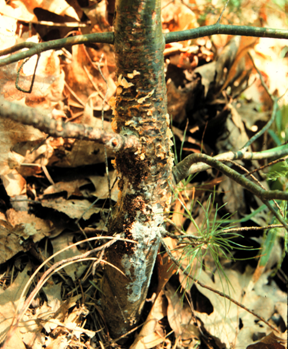


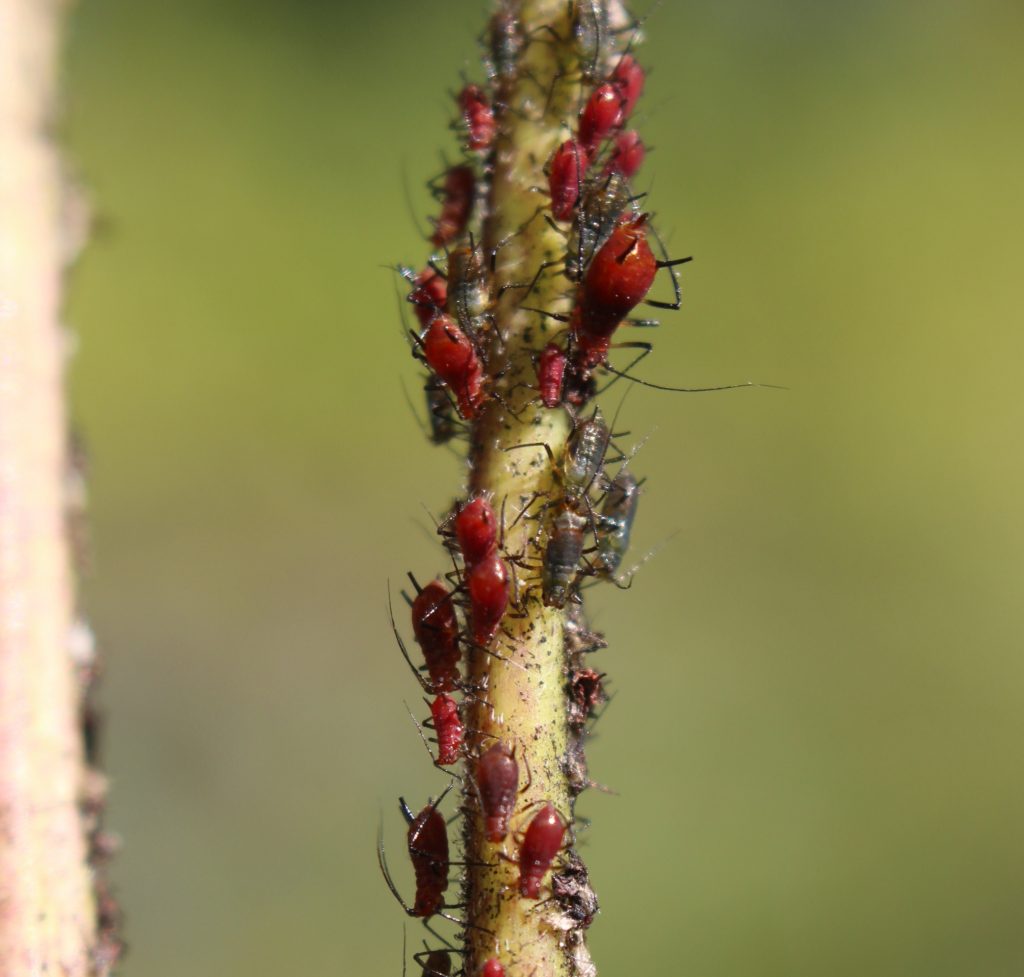
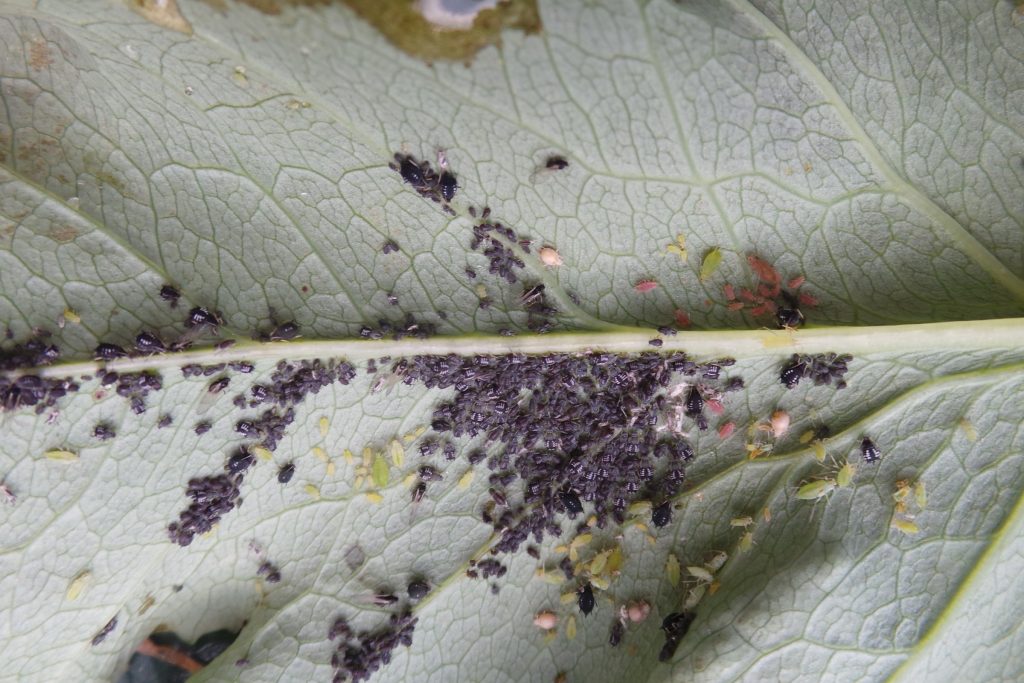
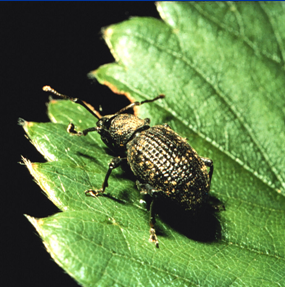

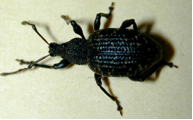
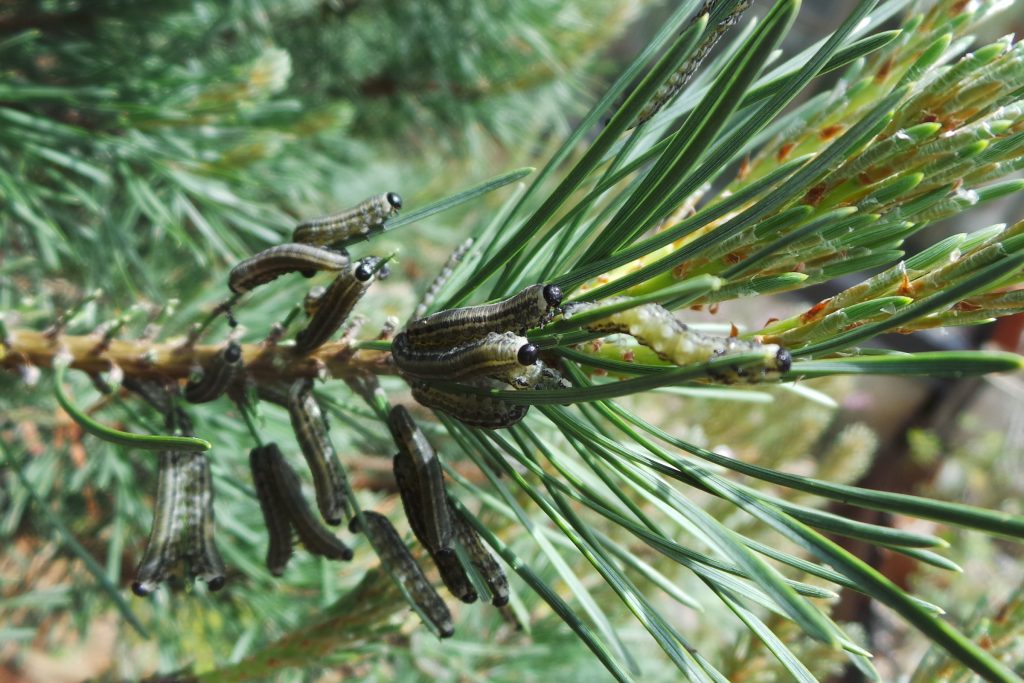 Neodiprion sertifer‘ loading=’lazy’ />
Neodiprion sertifer‘ loading=’lazy’ />
